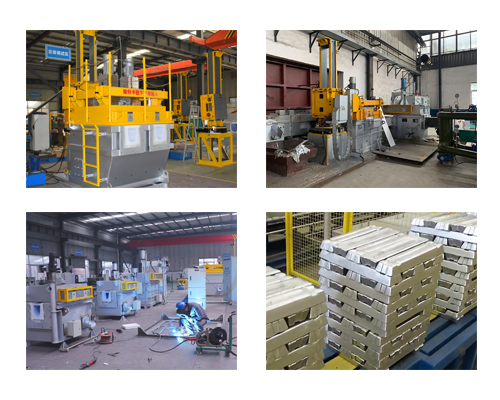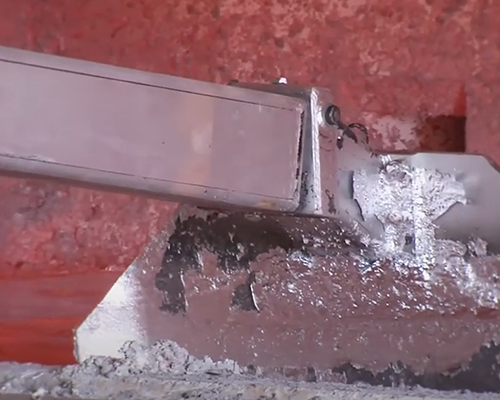The aluminum casting refining process refers to the general term for a series of processes for the prevention, maintenance, stirring, slagging and degassing, filtering, etc., to prevent and remove various harmful substances in order to obtain pure aluminum alloy melt.
From the perspective of the principle of prevention, refining involves all aspects of production scale, equipment configuration, equipment installation level, process scheduling, feeding quality, and even refractory materials used.
Refining prevention work should first adhere to the principle of combining prevention before refining and prevention in the refining process. The prevention before refining mainly involves the quality of the feed material, which must be clean, dry, and pollution-free. Prevention in refining involves many aspects, and different methods or operating procedures should be analyzed in combination with their specific problems. The disposal of dry materials and waste residues in refining cannot be ignored.

The aluminum casting refining process should include specific process operations such as flux covering, degassing, slagging, stirring, and filtering. The aluminum casting refining process includes various aluminum melting furnaces, static furnaces, ladles, degassing devices, filtering devices, launders, flow plates, and even crystallizers, as well as supporting energy, refining gas, and other auxiliary systems. Therefore, the refining process should be shortened as much as possible, and related equipment and systems should be integrated and streamlined.
The comprehensive indicators required for the aluminum alloy melt refining process in the future include the purity of the aluminum alloy melt before crystallization, resource and energy saving, environmental protection, high production efficiency, high degree of automation, short refining cycle, and safe and simple operation.
Purity mainly refers to the hydrogen removal rate and the removal rate of inclusions. Saving resources mainly refers to reducing the amount of dry materials and burning. Energy saving is mainly to reduce the consumption of various energy sources. Environmental protection mainly refers to no pollution to the environment and no health hazards to production operators. In short, the requirements for refining processes in future development are getting higher and higher.

